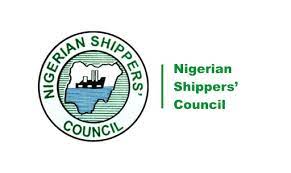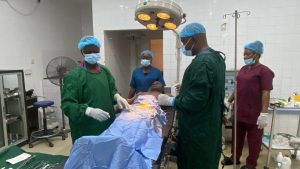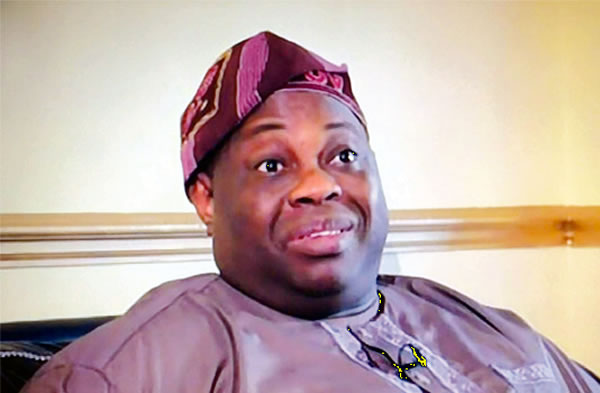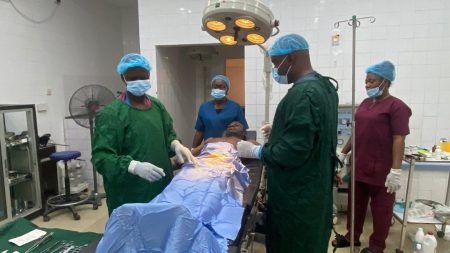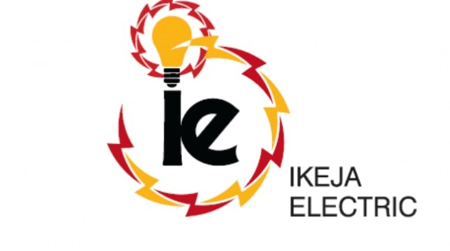Paragraph 1: A Democracy Imperiled
Dele Momodu, a prominent figure within the Peoples Democratic Party (PDP) and a two-time presidential aspirant, has expressed grave concerns about the state of Nigeria’s democracy. He argues that the nation is regressing towards a form of civilian dictatorship, a disheartening development, especially as Nigeria prepares to commemorate Democracy Day on June 12th. Momodu contends that the current political climate, characterized by a disregard for public opinion and the suffering of the populace, represents a betrayal of the principles fought for during the June 12 struggle. He laments the audacity and impunity displayed by politicians across all levels of government, suggesting that they have lost touch with the needs and aspirations of the Nigerian people.
Paragraph 2: The Ghost of June 12
Momodu evokes the memory of those who sacrificed their lives for the enthronement of democracy in Nigeria, particularly during the June 12 era. He believes that these individuals would be deeply saddened by the current political landscape, marked by a blatant disregard for democratic values. The sacrifices made during that period, he argues, are being undermined by the actions of current political leaders who appear more interested in self-serving agendas than the welfare of the citizenry. The prevailing hunger and hardship faced by Nigerians, he asserts, are a testament to the failure of the political class to uphold the ideals of democracy.
Paragraph 3: Wike’s Overreach and the PDP Crisis
Momodu places a significant portion of the blame for the current political turmoil on Nyesom Wike, the Minister of the Federal Capital Territory. He accuses Wike of hijacking the PDP and sowing discord within the party. Momodu questions Wike’s authority to dictate the party’s presidential ticket for 2027, characterizing his actions as a re-enactment of his alleged domineering tactics in Rivers State. He further criticizes Wike’s perceived political grandstanding, contrasting his present influence with his relative obscurity during the June 12 struggle. Momodu challenges Wike’s moral standing, particularly his attempting to control the direction of the PDP, a party that he credits with Wike’s political ascendancy.
Paragraph 4: Rivers State, a Case Study in Political Manipulation
Momodu draws a connection between Wike’s alleged actions and the political crisis that engulfed Rivers State, leading to the imposition of a state of emergency. He portrays Wike as the central figure in orchestrating and exacerbating the crisis, suggesting that his unwillingness to relinquish control necessitated the drastic measure of a state of emergency. This incident, according to Momodu, is unprecedented in Nigeria’s history and underscores the potential dangers of unchecked political ambition. He likens Wike’s actions within the PDP to a political coup, accusing him of imposing his will on the party and undermining its democratic processes.
Paragraph 5: Tinubu’s Dismissive Remarks and the Shadow of Wike
Momodu expresses his disapproval of President Bola Tinubu’s characterization of concerned Nigerians as "busybodies" and "bystanders." He views this dismissive language as a troubling sign of intolerance towards dissenting voices. He connects Tinubu’s remarks to Wike’s influence, suggesting that the President’s stance is influenced by his relationship with the FCT Minister. Momodu even goes so far as to imply that the country effectively has two presidents, highlighting the perceived overreach of Wike within the current political dispensation. This, he argues, further underscores the erosion of democratic norms and the concentration of power in the hands of a few.
Paragraph 6: A Stand Against Political Conformity and a Warning for the Future
Despite his disillusionment with the PDP, Momodu reiterates his refusal to join the ruling All Progressives Congress (APC). He emphasizes his commitment to speaking truth to power, even at the risk of alienating himself from the political mainstream. He expresses his discomfort with the prevailing atmosphere within the PDP, where, he claims, a single individual dictates the actions of experienced and seasoned politicians. Momodu concludes with a stark warning about the trajectory of Nigeria’s democracy, arguing that the country is sliding towards autocracy unless urgent reforms are implemented to address the flaws in the political system. He identifies Wike as a key figure contributing to this dangerous regression, emphasizing the need to check the unchecked power and influence of individuals like him to safeguard the future of Nigeria’s democracy.



